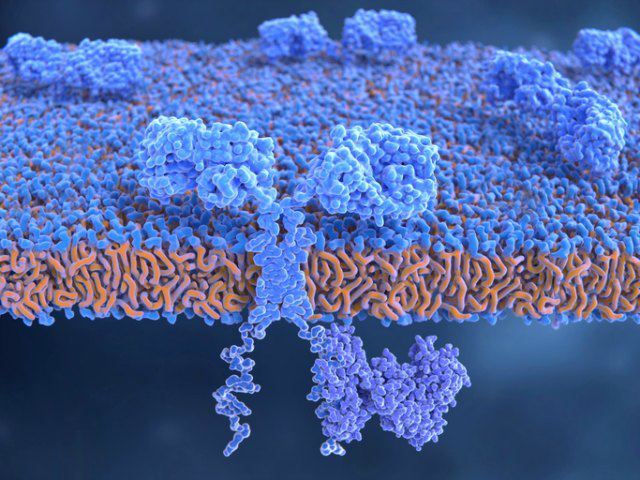With the in-depth understanding of various physiological mechanisms of human body in modern biology, specific drugs for various diseases have been continuously developed. These drugs work well, but as allogenic proteins they often cause an immune response in the body. Creative Biolabs is a biomedical company with advanced technology and rich experience. Our services for the modification and optimization of biological drugs have been providing safe and reliable technical support to researchers all over the world. We hope that by removing T cell epitopes on drug proteins, we can reduce the safety problems caused by the in vivo immunogenicity of drugs.
The immunogenicity of therapeutic proteins is a challenge in the development of biopharmaceuticals, where the immune system responds to these drugs that are recognized as foreign proteins and produces antibodies. This phenomenon can impair the efficacy of the treatment and affect the health of the patient. Safety issues associated with this immune response include anaphylactic shock, hypersensitivity reactions, and cross-reactivity with endogenous proteins, which can even lead to morbidity and mortality in severe cases.
To reduce the immunogenicity of protein drugs, drug design engineers have taken some strategies to hide proteins in the immune system's identification process. An increasingly popular method is to identify and eliminate T cell epitopes on proteins since most of the discovered immunogenic responses can be classified as T cell-dependent immune responses. The prevention of the recognition of T-cell epitopes in the protein will prevent T cell help and Ab class switching, which is required for high-affinity IgG responses.

The production of the drug's immunogenicity is initiated by T cells recognizing the peptide epitopes displayed on the major histocompatibility complex class II (MHC II) protein on the mature antigen-presenting cell surface. Immunogenicity can be reduced by eliminating known T cell epitopes from protein sequences and/or increasing the prevalence of sequences that have been found in the host genome that have been tolerated by T cells. However, unlike antibodies that have been widely characterized, the mutational tolerance of most proteins is generally unknown, and therefore extending this approach to proteins with any structure and function remains a major challenge. De-immunization efforts rely primarily on experimental characterization of a large number of point mutants, followed by binding to individual mutants.
In order to reduce or eliminate the safety problems caused by the immunogenicity of protein drugs, we have established a drug optimization strategy to eliminate the protein MHC II binding epitope and increase the host sequence content without destroying proper folding and function. Creative Biolabs has extensively characterized peptide binding libraries for many MHC II alleles and has developed a number of methods to predict the affinity of novel peptides for a given MHC II. By combining the 9-mer antigen epitope PROPRED matrix with the protein design of all residues and adopting a flexible skeleton method, we substantially redesigned the protein core, removed the potential T cell epitopes and reduced the immune response that the protein might induce on the premise of maintaining the efficacy and stability of the drug protein.
If you have any questions about our manufacturability assessment service, you can contact us by email or send us an inquiry to find a complete solution.
All listed services and products are For Research Use Only. Do Not use in any diagnostic or therapeutic applications.